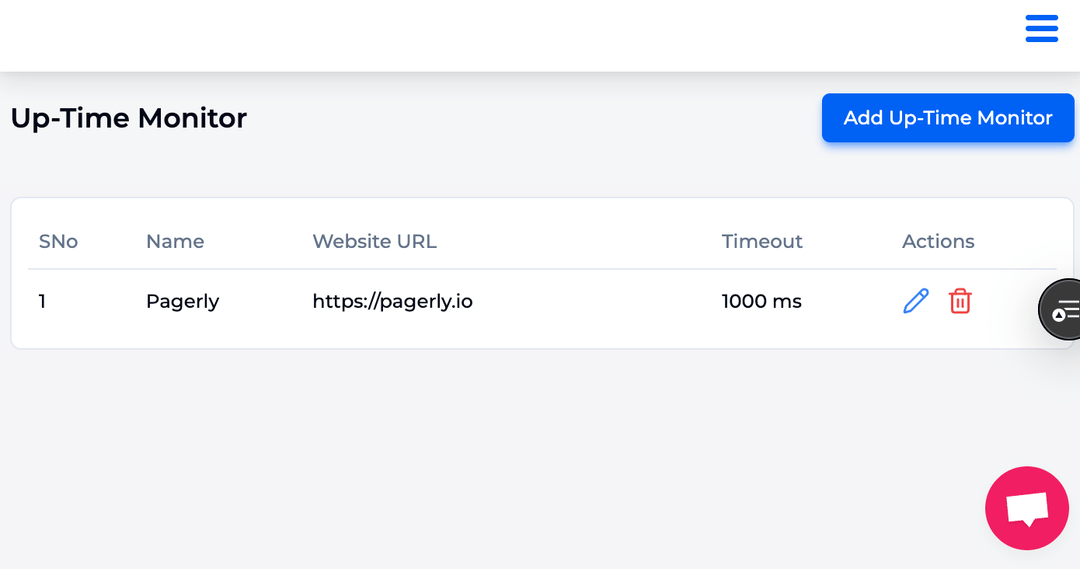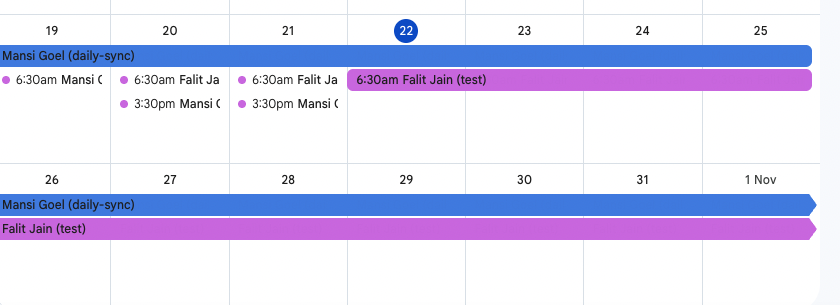
Incident management has always been about one thing: making sure the right person gets the correct information at the right time.
PagerDuty has been the industry’s go-to incident response platform for years, powering on-call schedules, escalation policies, and incident notifications. But most of the actual teamwork during an incident happens somewhere else — usually in Slack conversations inside your Slack workspace.
That’s where Pagerly steps in. Pagerly integrates directly with your PagerDuty account, pulling on-call data, PagerDuty incidents, and escalation policy IDs into Slack. The result? Your incident management process runs where your team already works, with real-time alerts, dedicated Slack channels, and seamless incident workflows.
This blog is a step-by-step guide to how Pagerly integrates with PagerDuty — why it matters, what it enables, and how your engineering team, support teams, and security teams can use it to improve response times and streamline communication.
PagerDuty provides:
Slack provides:
Pagerly provides the glue. It’s the easiest way to bring PagerDuty alerts, incident updates, and on-call information into Slack. Instead of context-switching between the PagerDuty web app and Slack, Pagerly keeps everything in one place.
Pagerly connects to your PagerDuty account using a secure PagerDuty API key. Once connected, Pagerly can:
No more guessing who’s on call. Pagerly brings on-call information directly into Slack:
This replaces clunky spreadsheets, Google Sheets, or custom lambda functions.
When a new incident is triggered in PagerDuty:
These dedicated incident channels keep each critical issue contained and prevent noise in general discussion channels.
Pagerly ensures every PagerDuty alert is delivered as a Slack notification:
Result: response times improve because the entire incident management process happens inside Slack.
Pagerly respects your PagerDuty escalation policy ID:
This ensures no critical incident slips through.
Pagerly enhances PagerDuty analytics with Slack-focused insights:
This data can be exported into Google Sheets or viewed in Slack, helping optimize the incident management process.
@oncall-backend Slack group → PagerDuty backend schedule ID.Q: Do I need a PagerDuty account to use Pagerly?
Yes, Pagerly integrates directly with your PagerDuty account, so you’ll need one to connect schedules, services, and incidents.
Q: How does Pagerly know who is the current on-call user?
Pagerly pulls on-call data from your PagerDuty schedule ID in real time.
Q: Can Pagerly update Slack user groups automatically?
Yes, Pagerly syncs Slack groups with team members from PagerDuty schedules.
Q: Is Pagerly secure?
Absolutely. Pagerly uses scoped PagerDuty API keys and respects applicable law for data security and compliance.
PagerDuty is the backbone of modern incident response platforms, but Slack is where your team communication actually happens.
With Pagerly, you don’t need to bounce between the PagerDuty web app and Slack. Instead, your incident workflows, on-call schedules, and incident updates live where your team already works.
Pagerly makes it possible to:
For companies that rely on PagerDuty, Pagerly is a great way — and the easiest way — to bring the power of PagerDuty into Slack.

